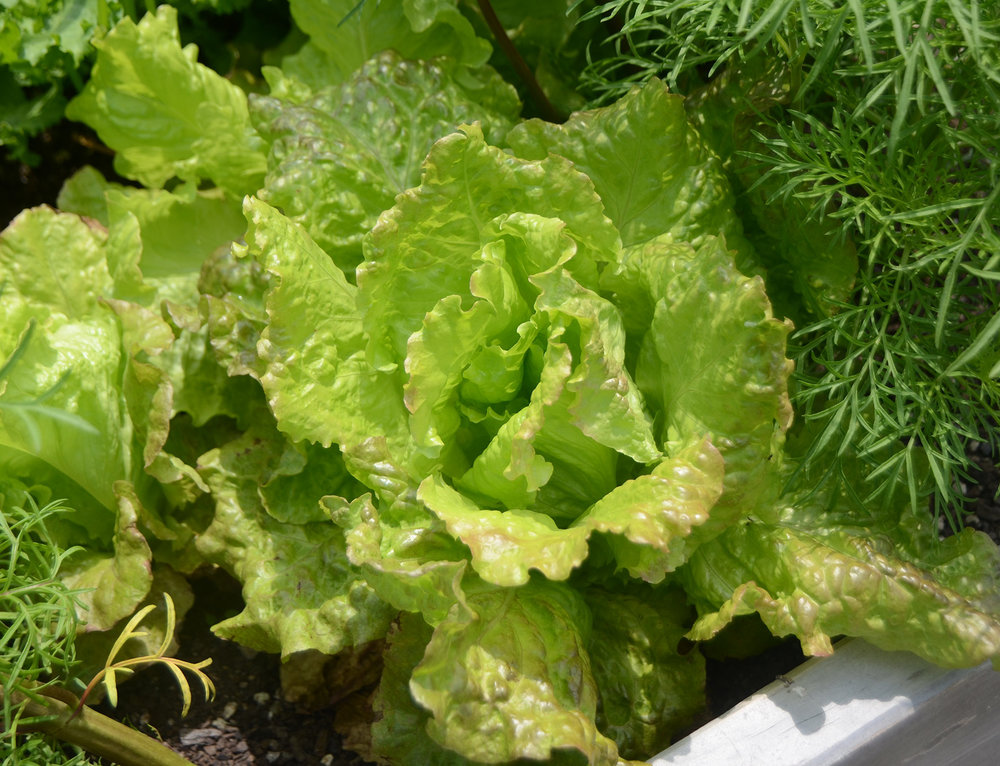I enjoy it when a plant has an interesting name or a name that makes complete sense for it. Love in a Mist, Carolina Reaper and Canterbury Bells are just some of the plants we sell which have, what I consider to be, intriguing names. But none of those names come close to the newest variety of lettuce seedlings we now sell – Drunken Woman (Fringed Head) Lettuce.
How on earth did it get that name? Obviously, I’ve done a quick google search, and I’ve also asked for opinions on our Facebook page. But I haven’t found a concrete answer yet. Do you know?
What I have found, is that it’s an incredibly popular variety of lettuce to have in the garden. Many of our customers have said it’s their absolute must-grow variety because it’s easy to grow, tastes good (sweet rather than bitter) and, importantly, is slow to bolt. In fact, it was because customers kept requesting it that we decided to add it to our list of lettuce seedlings this year.
Drunken Woman is an Italian heirloom variety of lettuce that produces attractive bright green leaves with ruffled (almost frizzy) edges in a deep bronze colour.
The definition of what an heirloom variety is, is a hot topic of debate. But, generally it means that the plant variety is open-pollinated and that the variety has been around for 50 or more years (some say it must be over 100 years). So, while we’ve only just started selling Drunken Woman, it’s been grown by other gardeners for a long time!
And what does open-pollinated mean? This usually refers to seeds/plants that use the birds and bees to naturally pollinate and will ‘breed true’ – i.e. produce plants roughly identical to their parents.
When it comes to planting Drunken Woman lettuce, just grow it like you would your other varieties. That is, plant it in well-drained soil in a sheltered spot and space each seedling around 20cm apart.
In around four to eight weeks you can expect your lettuce to be ready to harvest. Like many other gardeners these days, I like to just pick the leaves I need from the outer edges and leave the plant growing in the garden. Oh, and don’t forget to watch out for slugs. For an organic approach, try our slug ‘beer bait’.

